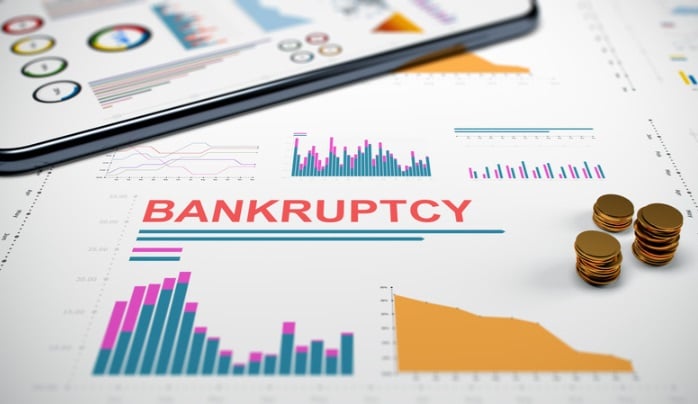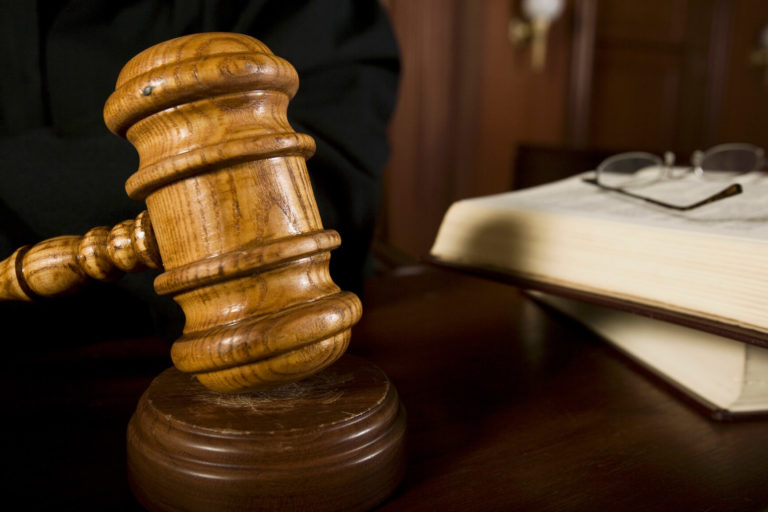5 Common Causes of Business Bankruptcy

Business bankruptcy refers to a legal process undertaken by a business that cannot meet its financial obligations. Typically, it involves reorganizing debts or liquidating assets to pay creditors. When a company decides whether or not to declare bankruptcy, its leaders must consider the severity of financial distress and whether there is potential for profit in the future. When understanding why a business might need to declare bankruptcy, there are myriad reasons to consider. In this article, we’ll highlight five of the most prevalent factors, ensuring you stay informed on this critical topic.
Financial Mismanagement
Financial mismanagement encompasses a range of issues, including neglected budgets, mishandled debts, and misjudged cash flow. These all lead to unfortunate financial instability. Without timely intervention and corrective measures, financial mismanagement can result in bankruptcy.
Declining Revenue
Many companies experience a drop in sales or revenue at some point, which could result from increased competitors, changes in consumer preferences, or ineffective marketing. Further, during economic downturns, consumers reduce spending, lowering sales for businesses across various industries. Depending on how significantly the company’s revenue declines, it may have trouble covering expenses, leading some to bankruptcy.
Excessive Debt
The interest businesses incur when taking on too much debt drains financial resources, limiting the company’s operational flexibility. Further, significant debt levels can diminish investor confidence, hindering access to capital for growth. Ultimately, excessive debt impedes long-term sustainability and undermines the viability of businesses. In some cases, it has led to bankruptcy.
Operational Problems
Operational issues, such as production delays and supply chain disruptions, can diminish profitability, increase costs, and strain customer relationships. These issues impair cash flow and reduce competitiveness, ultimately leading to financial distress and potential bankruptcy for businesses that cannot rectify these challenges.
Legal Issues
With legal issues come litigation costs, regulatory fines, and settlement payments that can drain financial resources. Furthermore, legal battles can hurt a company’s reputation and consumer trust, decreasing sales. Ultimately, the cumulative impact of legal challenges can overwhelm a company’s financial resilience, pushing it toward bankruptcy.
Navigate the Complexities of Bankruptcy With Experts
Bankruptcy is often seen as a last resort because of the complex consequences for stakeholders such as creditors, employees, and shareholders. However, it can allow struggling businesses to restructure and emerge stronger. At The Law Offices of Ronald I. Chorches, we help companies, including small businesses, navigate through every step of the bankruptcy process, including assessing whether it’s the best option. If you’d benefit from help with debts, contact our office today.

